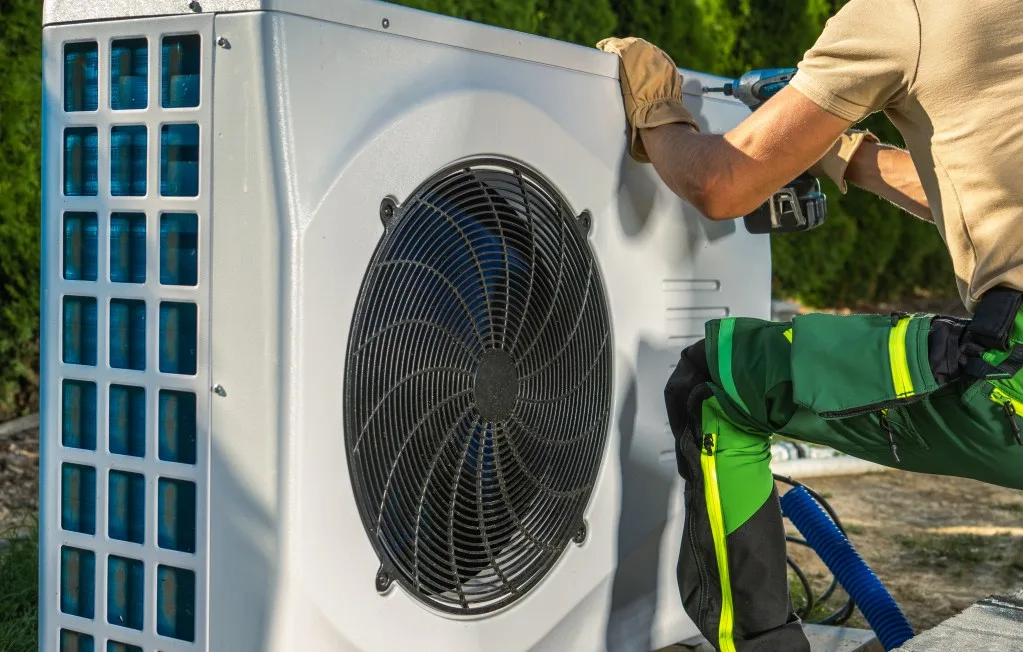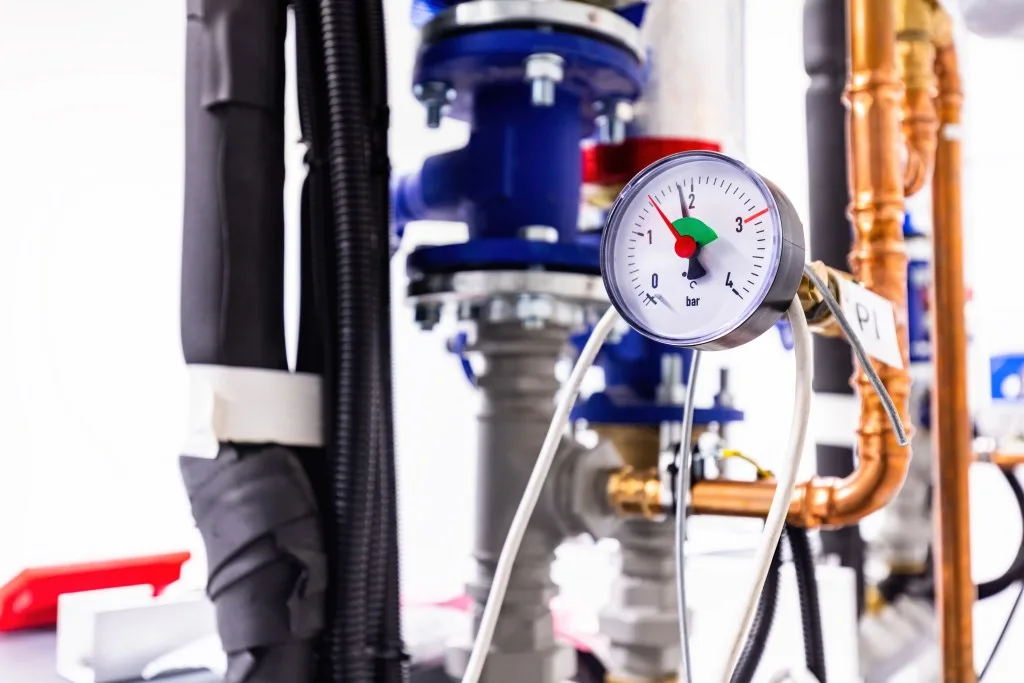When researching all the possibilities for climate control in your home, a heat pump is likely one of the options you consider. However, many misunderstand the purpose and function of heat pumps. We want to help you make an informed decision regarding your heating and cooling needs.
Today, we’ll take an in-depth look at how a heat pump works and how it might be worth considering for your home. Let’s get started!
What Is a Heat Pump?
A heat pump is a significant component of a home’s heating and cooling system. No matter the season, heat pumps are responsible for transferring warm air. However, the season determines where the warm air goes.
During the summer, it transfers warm air out of your home to cool the area. On the other hand, a heat pump reverses the process in the winter and moves warm air into your home to help keep you warm.
Do Heat Pumps Use a Lot of Electricity?
A heat pump will use some electricity, but not much. When you compare the electrical usage to the amount of fuel you’d use to heat your home, it typically results in a 48% reduction in costs.
Homeowners often find that heat pumps save them money over the long run, especially considering propane fuel prices vary. A single heat pump can help a homeowner save upwards of 300 gallons of fuel for heating their home annually. Considering the cost of fuel, this is a tremendous saving!
Pro Tip: Keep warm this winter by using our guide on How to Prep Your RV for Cold Weather.

Can a Heat Pump Heat a Whole House?
There are whole-house heat pumps capable of heating and cooling an entire house. However, it’s essential that you appropriately size a heat pump for your home. Like you wouldn’t expect a small portable space heater to heat your entire house, you must purchase a capable heat pump by the size and specification of your home.
However, to ensure that your heat pump is as efficient as possible, you want to avoid the “bigger is better” mentality. The most oversized heat pump will require more energy, wasting your money. You’ll need to work with a trained professional to ensure you appropriately size your heat pump for your home.
Is a Heat Pump Better Than Electric Heat?
Heat pumps and electric furnaces require electricity to heat your home. While electric furnaces use coils, heat pumps transfer heating energy from the outside to the inside. Regarding efficiency for heat, electric furnaces are 100% energy efficient. However, they also cost two and a half times the amount of a comparable heat pump. A heat pump will be the best option, especially if you live in an area that doesn’t experience extreme winter temperatures.
How Does a Heat Pump Work?
One of the most prominent misconceptions about heat pumps is that they generate heat. In reality, heat pumps create no heat whatsoever. Instead, they absorb heat energy from the outside air and transfer it inside to the living space. Even in colder temperatures, there are heat molecules in the air that the heat pump can absorb and transfer.
One of the benefits of a heat pump is that the process reverses in warmer months when you need to cool your home. It pulls out the warmer molecules from the air and transfers them outside your home. Homeowners can enjoy a cooler living space without separate heating and cooling units.
Pro Tip: Turn up the heat in your RV with these 5 Ways to Heat Your RV This Winter.

How Long Do Heat Pumps Last?
A typical heat pump will last approximately 10 to 15 years before a homeowner will need to replace it. Heat pumps generally have a shorter life span than furnaces and air conditioners as they must function year-round.
However, if you want to ensure your heat pump lasts as long as possible, follow the manufacturer’s recommended maintenance schedule. Failure to do so will likely shorten the life of your heat pump even more. As a result, you may need to replace it sooner.
What Temperature Is a Heat Pump Not Effective?
While heat pumps are one of the most effective ways of heating a home, they lose their efficiency when temperatures drop below 40 degrees Fahrenheit.
As a result, some homeowners install systems that automatically switch to a different heat source when the outdoor temperatures drop below this threshold. Some use propane or electric heat sources in these situations to help heat their home as efficiently as possible.
Is a Heat Pump Worth It?
A heat pump is an excellent option if you’re considering the best source for heating and cooling your home. However, it may not be the best option if you live in an area that frequently experiences extreme winter conditions.
Heat pumps are a handy choice for many in the southern United States, which often has mild winter temperatures. When in doubt, chat with HVAC professionals in your area. Let them look at your setup to help develop the most effective plan for heating and cooling your home.
Do you live in an area best suited for a heat pump, or do you use an alternate form of heating and cooling? Tell us what you use in the comments!
Discover the Best Free Camping Across the USA
To be honest with you, we hate paying for camping. There are so many free campsites in America (with complete privacy).
You should give it a try!
As a matter of fact, these free campsites are yours. Every time you pay federal taxes, you’re contributing to these lands.
Become a FREE CAMPING INSIDER and join the 100,000 campers that love to score the best site!
We’ll send you the 50 Best Free Campsites in the USA (one per state). Access the list by submitting your email below: